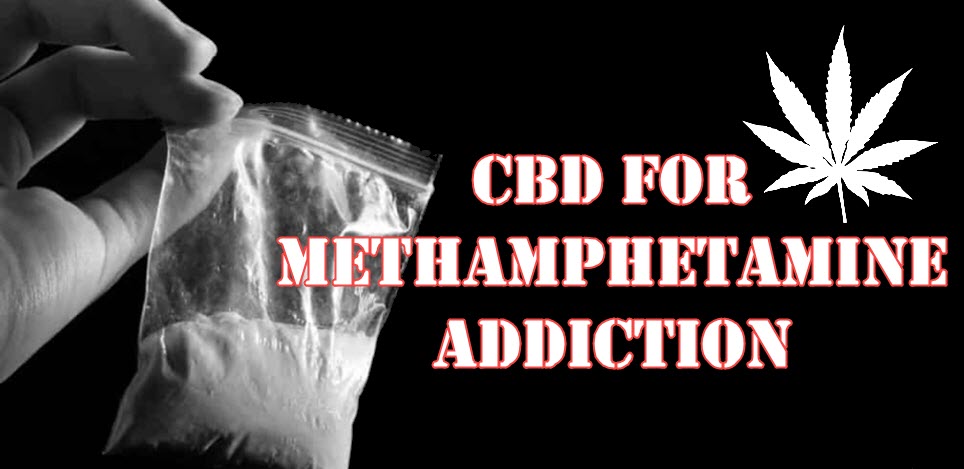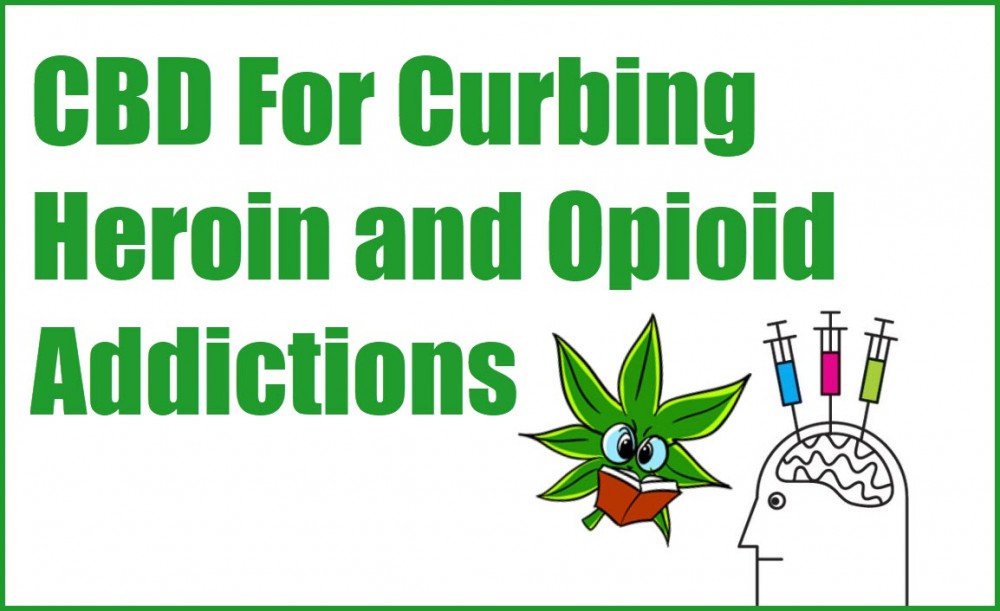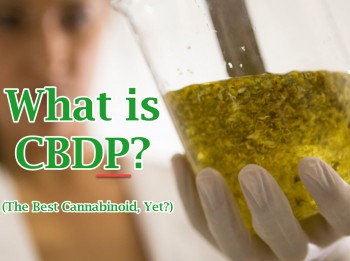Could Cannabis Reduce Brain Damage in Meth Users?

Even though there is no clear consensus that cannabis and meth should be used together, there is a silver lining around the cloud. Some studies show that the adult brain could be protected by marijuana, but not the same could be said about younger brains. Thus said, it is not recommended to use meth and cannabis together.
Methamphetamine is quite damaging to the brain on various levels. One of the ways is where micro logia are stimulated to eat living brain cells. Methamphetamine has devastating effects on the brain. It harms cognitive abilities, behavior, mental health, and physical health. When the drug is dropped, it could reverse some of the effects, but often the damage is long-lasting and sometimes permanent.
Seeing that it is such a problem in many countries, researchers are performing tests on lab mice to find solutions. So far, cannabis shows promising results, and this might indicate a possible step in rehabilitation.
What is Crystal Meth?
Crystal meth is a very potent stimulant that causes an intense rush of energy and long-lasting euphoria. But just like with anything else, it could also lead to a very uncomfortable experience where anxiety, paranoia, and even psychosis manifest itself. Because if that, some people smoke marijuana with meth in an attempt to take the edge off the high or ease the effects of a meth comedown.
When the initial rush ends, there is an increased sense of well-being. Energy levels also increase and appetite decreases. This can last anything from 6 to 12 hours. But when this finally wears off, the dopamine levels drop below normal, the person experiences a crash and that is known as a comedown. Many then use marijuana with the meth to help with the resulting symptoms. Others claim that cannabis intensifies the high produced by meth.
Mixing the two drugs could have very different effects, depending on the person. For some, cannabis might dull the meth high, but for others, it increases anxiety and paranoia. A sudden increase in heart rate is also noticed.
The Effects of Meth on the Brain
Meth is a man-made drug and repetitive use leads to addiction. When a person uses meth for a long time, there appear sores on the skin, significant weight loss, very bad dental problems, and bizarre behavior. Eventually, meth destroys part of the brain. Behavior could turn violent and erratic. The drug is so addictive because of the effect it has on the limbic region of the brain. The limbic region is the reward center of the brain. This area controls craving, reward, and emotion. Over time, the damage done in this area results in depression, anxiety, and lack of concentration.
The extensive damage done to the limbic area shows 11 percent of tissue loss in the brain. But the damage goes further. The hippocampus also gets affected. This is where the brain stores and remembers new information. It also shows a great loss of tissue in the hippocampus. Apart from all this, these parts are also inflamed.
Meth also decreases the neurons in the central nervous system. Because of the neuronal death, there is tissue damage in the limbic section and hippocampus. It can then also bring changes to the striatum, the parietal cortex, the frontal and prefrontal cortex, and the cerebellum.
Specific damage is done by meth to the brain´s dopamine receptors. For the user, there is a constant feeling of euphoria, but over time it results in serious cognitive damage. After a while of constant use, users can actually lose the ability to feel pleasure at all. In fact, some of the damage done to the brain by meth is similar to a stroke or Alzheimer’s.
How can Cannabis Play a Role?
Meth injures the brain by stimulating the production of proteins and other chemicals that inflame the brain. In 2014, a study showed that THC (Tetrahydrocannabinol), has neuroprotective results on the brain. It specifically showed that THC reduced the neurotoxic effect of meth on at least two markers of neuronal damage. This is because of the anti-inflammatory properties the cannabinoid has.
When people use meth heavily, neuronal nitric oxide synthase (nNOS) activity in the brain. This causes the same cell damage experienced with a stroke or Alzheimer’s. The study showed that THC lowers the increase if nNOS activation and can thus protect the brain from serious damage.
THC works through the neuronal CB1 Receptor. This receptor plays a key role in regulating nitric oxide synthesis. Too much nitric oxide causes neurotoxicity. This leads to the severe damage meth can cause to the brain.
Activation of the CB2 receptors also has an effect on inflammation reduction. This would contribute to less tissue damage.
A study in 2018 showed that CBD reduced the behavior of drug-seeking mice in labs. Meth creates surges in dopamine levels in the brain that creates an addictive cycle by the skewing reward circuitry in the brain. When the high wears off, the users start craving for more. Early studies show that the meth reward signaling in rats is reduced.
Studies need to be intensified, but the results look very promising.
CBD AND CANNABIS TO FIGHT ADDICTION, READ MORE...
CAN CBD HELP WITH A METH ADDICTION, DOCTORS SPEAK.
OR..
HOW TO USE CANNABIS TO GET OFF OPIOIDS AND OPIATES









